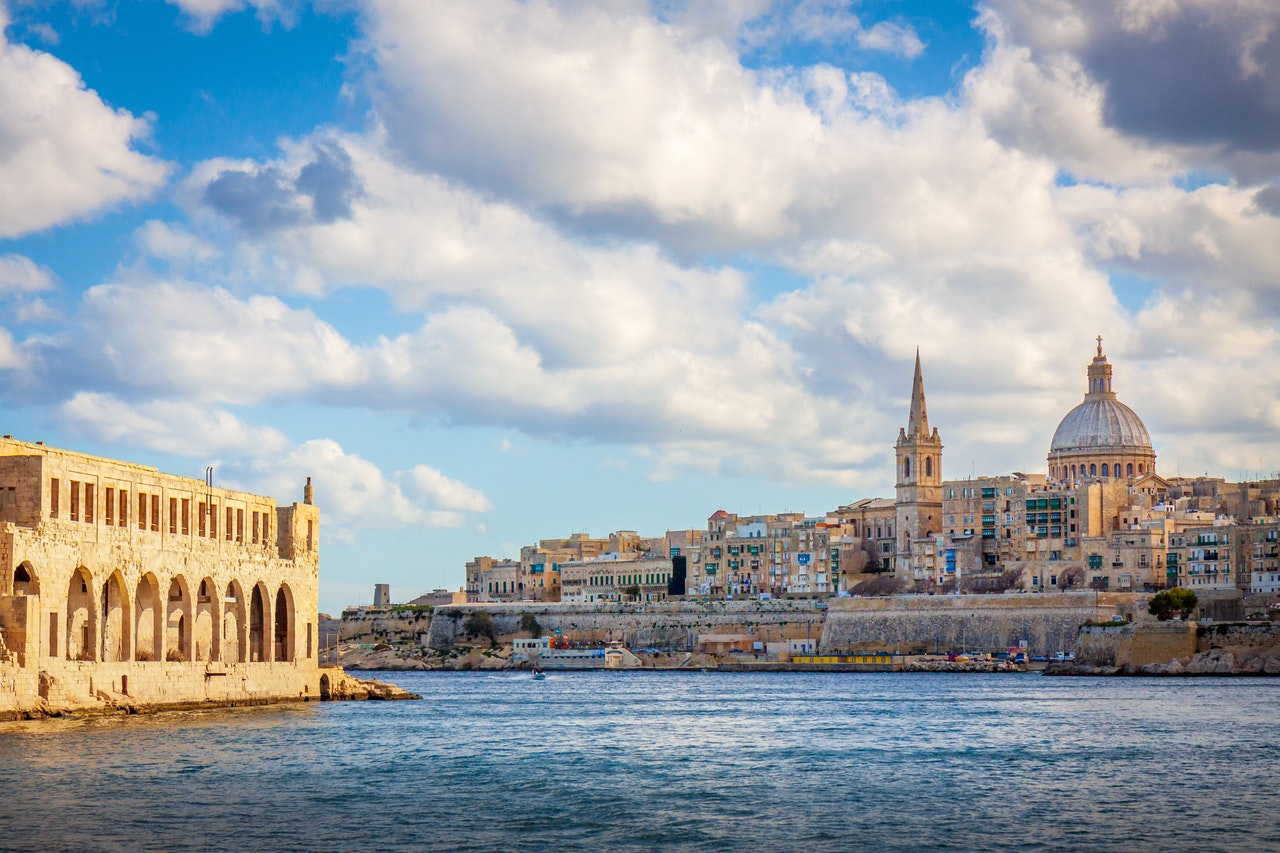Now that the Financial Action Task Force (FATF), a global organisation tasked with fighting money laundering and the financing of terrorism, has taken a decision to place Malta on its list of countries deemed higher-risk, what does Malta need to do to be taken off the grey list?
Asked this very question at a press conference on Wednesday evening, Prime Minister Robert Abela detailed the road ahead.
The Government, from now until October, will work to implement changes laid out in the FATF’s action plan “in its entirety, or what we are able to achieve”.
He stressed that this will be a summer of tireless work for the Government.
As of October, the Government will be allowed to request a site visit, where FATF technical experts come to Malta to evaluate the work undertaken. After this, and should the site visit prove to be successful, the FATF will then revise the decision at a future plenary session.
With regards to the action plan, when asked by members of the press about which areas Malta failed at in the eyes of the FATF, considering it received zero non-compliance or partially compliance gradings in the Moneyval assessment, Dr Abela did not respond. Moneyval is an offshoot of the FATF lead by the Council of Europe concentrating on the fight against money laundering across European jurisdictions.
The Prime Minister said that it would be prudent to wait for the FATF to officially communicate its report to the public before sharing details of where it fell short in the eyes of the FATF. On this point, Finance Minister Clyde Caruana said Malta needs to prove the effectiveness of the technical changes it introduced to comply with Moneyval and ultimately the FATF.
Unconfirmed reports point towards Malta’s refusal to ratify a Council of Europe sports betting convention, the volume of cryptocurrency and virtual asset transfers made in and out of the country when it introduced laws to regulate the innovative technology in 2018, and disagreement with the USA on a Status of Forces Agreement.
Employers take umbrage at video promoting public sector’s flexible work arrangements
The video outlines a range of flexibility options available to public sector employees
Malta’s inflation eases to 2.5% in January as food prices remain main driver
While overall inflation continued to moderate at the start of the year, price pressures remain uneven across categories
Final call for food and beverage manufacturers to exhibit at SIAL Paris
SIAL Paris is one of the world’s leading international food and beverage exhibitions






